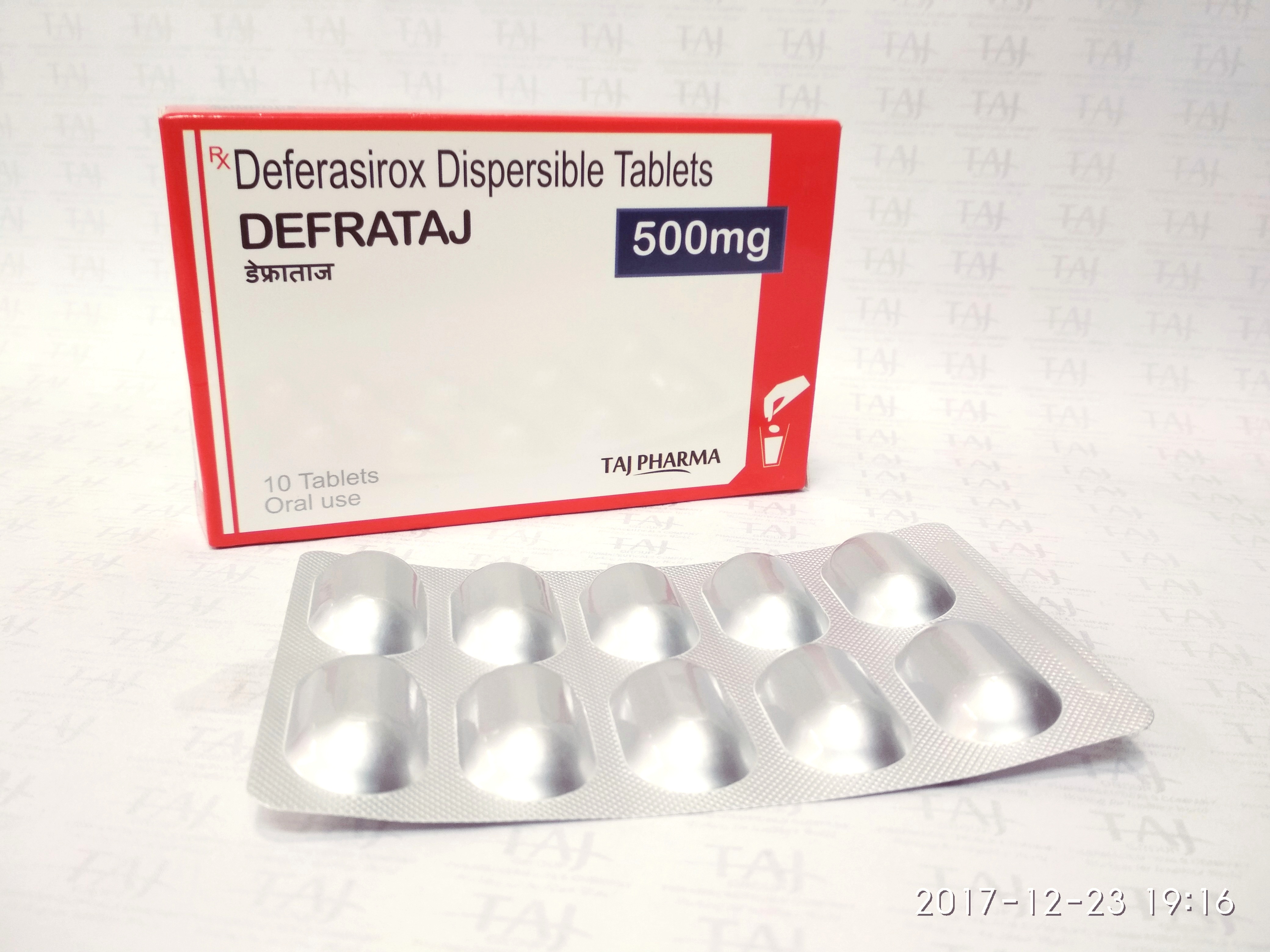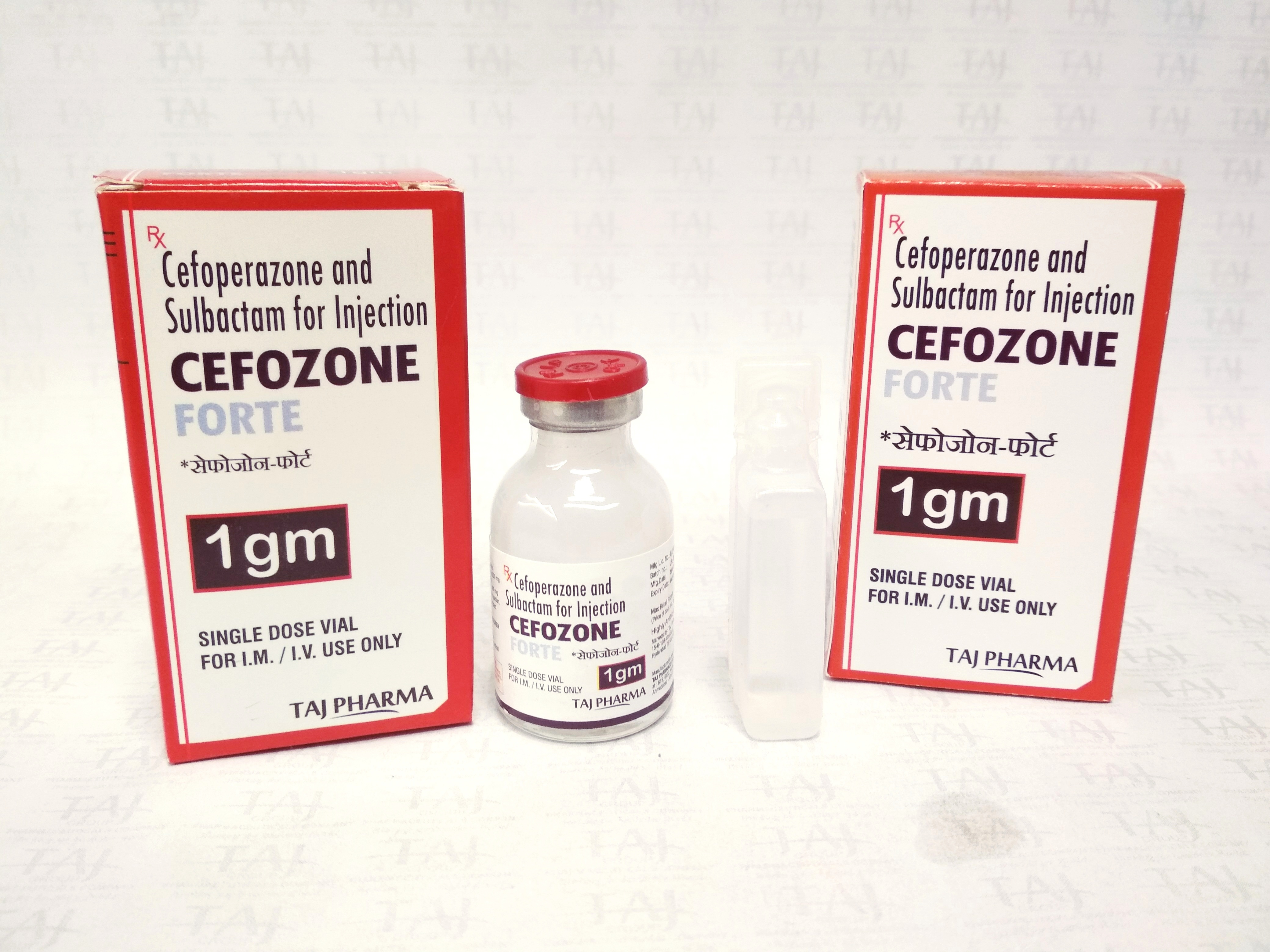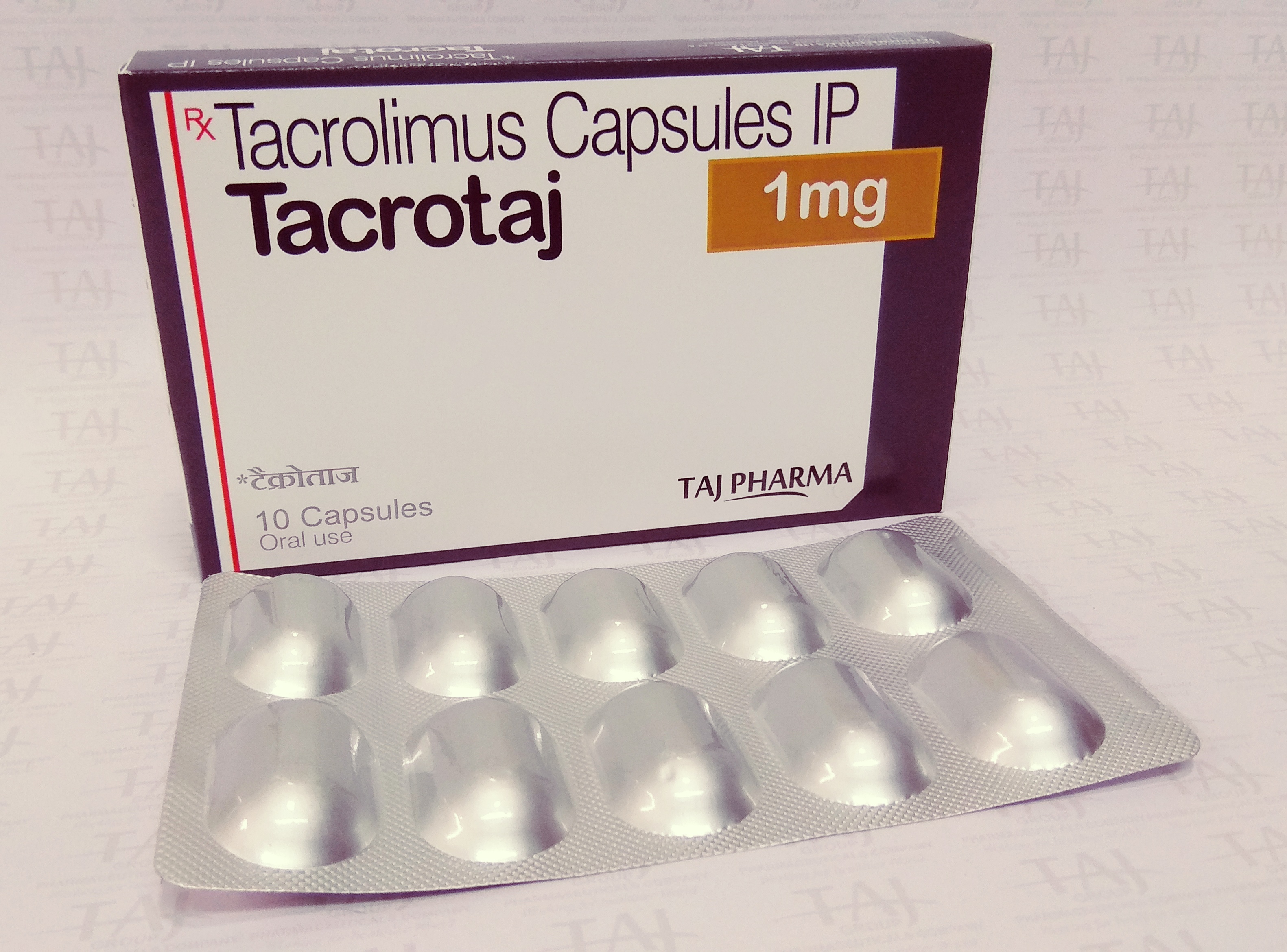Vincristine Sulfate for Injection USP 1mg
Package leaflet: Information for the patient
Vincristine Sulphate 1 mg/ml Injection
Read all of this leaflet carefully before you start taking this medicine because it contains important information for you.
- Keep this leaflet. You may need to read it again.
- If you have any further questions, ask your doctor or pharmacist.
- This medicine has been prescribed for you only. Do not pass it on to others. It may harm them, even if their signs of illness are the same as yours.
- If you get any side effects, talk to your doctor or pharmacist. This includes any possible side effects not listed in this leaflet (see section 4).
What is in this leaflet
1. What Vincristine Sulfate Injection is and what it is used for
2. What you need to know before you take Vincristine Sulfate Injection
3. How to take Vincristine Sulfate Injection
4. Possible side effects
5. How to store Vincristine Sulfate Injection
6. Contents of the pack and other information
1. What Vincristine Sulfate Injection is and What it is used for
Vincristine sulphate is an anti-cancer medicine. Treatment with an anti-cancer medicine is sometimes called cancer chemotherapy.
Vincristine Sulphate Injection is used in the treatment of cancers of the blood (eg. leukaemia or lymphomas), breast, head and neck or lung. It may be used to treat multiple myeloma (a cancer of plasma cells) and it may also be used in the treatment of some cancers in children. It may be used in a blood disorder known as idiopathic thrombocytopenic purpura (ITP) after other treatments have not been successful.
Vincristine Sulphate Injection may be given alone or in combination with other anticancer medicines.
2. What you need to know you take Vincristine Sulfate Injection
Vincristine Sulphate Injection must never be injected intrathecally (into the spine).
Do not use Vincristine Sulphate Injection
• if you have shown signs of hypersensitivity (severe allergy) to vincristine, benzyl alcohol or mannitol in the past
• if you have Charcot-Marie-Tooth syndrome (disease which causes weaknessin the leg muscles)
• if you have an infection that is not being treated
Tell your doctor if any of the above applies to you before this medicine is used
Premature babies or babies less than 4 weeks old must not receive Vincristine Sulphate Injection 5 mg/5 ml (see ‘Important information about one of the ingredients of Vincristine Sulphate Injection’ below).
Take special care with Vincristine Sulphate Injection
• to make sure that this medicine is only given to you through a vein (it should not be given by any other route). If you notice any pain during, or soon after the injection is given, tell your doctor or nurse immediately
• if you have a mental or nervous system disorder
• if you have liver trouble
• if you have kidney cancer
• if you are having radiotherapy
• if you have breathing problems
• if you have a low white blood cell count, measured on blood test
• if you have an infection
Tell your doctor if any of the above applies to you before this medicine is used.
Special care is also needed if this medicine is given to the elderly or children between 4 weeks and 3 years old.
Tell your doctor if you are taking, have recently taken or might take any other medicines.
Use of the following medicines may make the side effects of vincristine sulphate worse:
• isoniazid (medicine used to treat tuberculosis)
• mitomycin-C (anti-cancer medicine)
• itraconazole (a medicine used to treat fungal infections)
• L-asparaginase (used for treating some types of cancer)
• dactinomycin (used for treating some types of cancer)
• some anti-cancer drugs (eg containing platinum) that may cause problems with hearing or balance
• medicines which cause problems with passing water (urine). These should be stopped before you start treatment with vincristine
• medicines which cause problems with your nervous system e.g. walking difficulties, pins and needle or numbness
Phenytoin (medicine used to control fits) may not work as well when vincristine sulphate is used, so blood levels of phenytoin will need to be monitored.
Methotrexate used in the treatment of cancer may work better when used with vincristine.
Please tell your doctor if you are taking or have recently taken any other medicines, including medicines obtained without a prescription.
Pregnancy, breast-feeding and fertility
If you are pregnant or breast-feeding, think you may be pregnant or are planning to have a baby, ask your doctor for advice before taking this medicine.
Women of childbearing potential should use appropriate contraception methods during treatment with vincristine sulphate.
Driving and using machines
Do not drive or use machines if you experience any side effect which may lessen your ability to do so.
Important information about one of the ingredients of Vincristine Sulphate Injection
This medicine contains benzyl alcohol. This means that this medicine must not be given to premature babies or neonates. It may cause toxic reactions and allergic reactions in infants and children up to 3 years old.
Vincristine Sulphate Injection contains Latex
The vial stopper contains dry natural rubber (a derivative of latex), which may cause allergic reactions.
3. How to take Vincristine Sulfate Injection
This medicine is given by infusion (drip) into a vein.
Vincristine sulphate is an irritant, if it accidentally gets into your eye tell your doctor or nurse immediately so that it may be washed out.
You may be given medicines to prevent constipation during treatment with vincristine sulphate.
Dosage
Your doctor will work out the correct dose of vincristine sulphate for you and how often it must be given.
The dose will depend on your medical condition, your size and how well your liver is working. Your doctor will tell how well your liver is working using a blood sample.
Vincristine sulphate is usually given once a week.
If you are given too much or too little Vincristine Sulphate Injection
This medicine will be given to you in a hospital, under the supervision of a doctor. It is unlikely that you will be given too little or too much, however, tell your doctor or nurse if you have any concerns.
4. Possible Side Effect
Like all medicines, vincristine sulphate can have side effects, although not everybody gets them.
If any of the following happen, tell your doctor immediately:
• severe allergic reaction – you may experience a sudden itchy rash (hives),
• swelling of the hands, feet, ankles, face, lips, mouth or throat (which may cause difficulty in swallowing or breathing), and you may feel you are going to faint. pain or swelling at the injection site during or immediately after the injection
• severe chest pains possibly radiating to the jaw or arm, sweating,
• breathlessness and nausea severe breathing problems or shortness of breath
• Symptoms suggestive of sepsis – these may include a high fever or low temperature, shivering, fast heartbeat, rapid breathing, feeling faint, skin changes (cold, clammy and mottled or pale), altered mental state such as confusion or disorientation, decreased urination, nausea, vomiting etc. The presence of a few or several of these symptoms coupled with a rapid deterioration of general condition might indicate sepsis and immediate medical attention should be sought.
These are serious side effects. You may need urgent medical attention. All of these serious side effects are rare.
If any of the following happen, tell your doctor as soon as possible:
• convulsions (fits)
• deafness or hearing loss
• worsening eyesight
• pain (may involve the side of the face, jaw, throat, neck, bones or muscles)
• dizziness
• fever, sore throat, skin rashes, or sores on your body and mouth ulcers (may indicate a drop in white blood cells)
• significant weight loss
• numbness or pins and needles
• difficulty in walking
• muscle weakness or muscle wasting
• difficulty with speech
• unusual eye movements
• problems with passing water (more or less urine than normal, or pain when passing urine)
• mild breathing problems
• raised or lowered blood pressure
• headache
• tiredness
• unexpected bruises
• stomach cramps, constipation or diarrhea
• being sick or feeling sick
• hair loss
• soreness around the injection site after the injection
• infections with germs
• loss of appetite
Vincristine sulphate may lead to changes in your blood cells, including a type of anaemia in which red blood cells are destroyed (haemolytic anaemia). Your doctor may take blood samples to monitor for these and also to check how well your liver is working.
There have been reports of other malignancies (cancers) occurring at a later date after vincristine has been used in combination with other anti-cancer drugs. This happens rarely.
Effects on fertility
Treatment with vincristine sulphate may permanently reduce fertility in men and women. Tell your doctor if you have concerns.
Reporting of side effects
If you get any side effects, talk to your doctor or nurse. This includes any possible side effects not listed in this leaflet. By reporting side effects you can help provide more information on the safety of this medicine.
5. How to store Vincristine Sulfate Injection
Keep this medicine out of the sight and reach of children
Expiry
This medicine must not be used after the expiry date which is stated on the vial label and carton after 'EXP'. Where only a month and year is stated, the expiry date refers to the last day of that month.
Storage Conditions
Store in a refrigerator (2ºC - 8 ºC). The vials should be kept in the outer carton, in order to protect from light.
Medicines should not be disposed of via waste water or household waste. Ask your pharmacist how to dispose of medicines no longer required. These measures will help to protect the environment.
6. Contents of the pack and Future Information
What Vincristine Sulfate Injection contain
The active substance is vincristine sulphate. Each millilitre (ml) of solution contains 1 milligram (mg) of vincristine sulphate. The other ingredients are mannitol, benzyl alcohol and Water for Injections.
What Vincristine Sulfate Injection look like and contents of the pack
Vincristine Sulphate Injection is a colourless solution which comes in glass containers called vials.
Each Sterile lyophilized vial contains
Vincristine Sulfate USP 1 mg
Mannitol USP 100 mg
Sodium Hydroxide USNF q.s.
Sulfuric Acid USNF q.s.
It may be supplied in packs containing 5 x 5 mg/5 ml vials.
Manufactured in India by:
TAJ PHARMACEUTICALS LTD.
Mumbai, India
at SURVEY NO. 188/1, 190/1TO 4,
ATHIYAWAD , DABHEL, DAMAN- 396210
(INDIA)
Mfg. Lic. No: DD/xxxxxxx/2018-A
Click here for Download pdf of patient informationClick here for Download pdf of prescribing information





